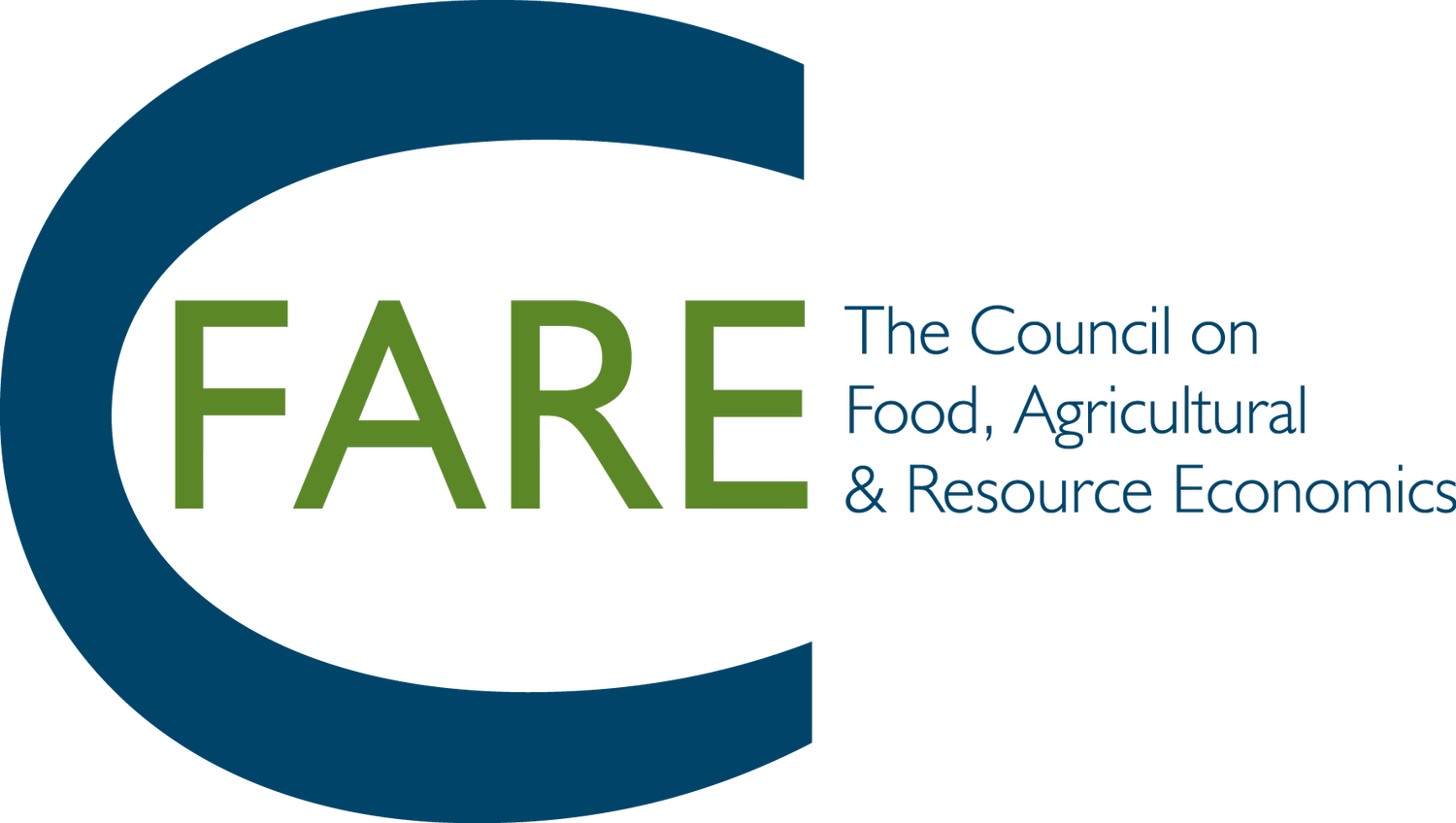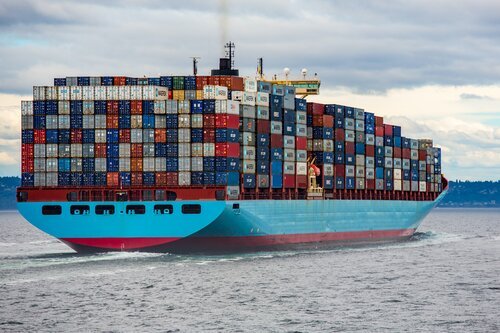Pollution Mitigation Practices in Agriculture: Incentives, Practices, and Policies
Agriculture provides food for humans, fiber, and livelihoods for billions of people worldwide and is a critical resource for sustainable development in many regions. Regardless, agriculture also provides many ecosystem services and opportunities for climate change mitigation and removal of greenhouse gases (GHG).
Building the Capacity to Invest in Rural Prosperity through Cross-sector Collaboration
To effectively leverage their assets for long-term, shared prosperity, rural communities need a robust local capacity with solid connections at the regional, state, and federal levels.
Building the Capacity to Invest in Rural Prosperity Part II: Diving Deeper into the Development of Rural Capacity and Connectivity
To effectively leverage their assets for long-term, shared prosperity, rural communities need a robust local capacity with solid connections at the regional, state, and federal levels.
Building the Capacity to Invest in Rural Prosperity
While rural America is in no way a monolith, many rural communities have in recent years been confronted by challenging economic, demographic, and climatic trends that have limited their ability to achieve durable, inclusive economic prosperity.
Brandt Forum 2022-23: Agricultural and Environmental Science-Based Policy
Today's event forum will focus on agriculture's social and policy implications and environmental science-based policy. While economists recommend using market incentives, policymakers often use regulation to achieve agricultural and environmental resource management objectives
Carbon Sequestration and Agriculture: Incentives, Practices, and Policies
Agriculture is unique among most sectors in the economy, as agriculture's mitigation potential from both an enhancement of removals of greenhouse gases (GHG) and reduction of emissions through management of land is significant. Agriculture provides food for humans, fiber, livelihoods for billions of people worldwide and is a critical resource for sustainable development in many regions.
Socioeconomic Disparities in Pollution Exposure — New Evidence and Arising Issues
In January 2021, President Biden signed an Executive Order on Tackling the Climate Crisis at Home and Abroad that outlined an ambitious agenda for reducing socioeconomic disparities in exposure to environmental pollution.
Economic and Policy Issues in Online Food Retail
Well before COVID-19 struck, industry watchers saw the importance of online grocery shopping, with many pundits predicting slow but steady growth. However, COVID-19 promoted a rather dramatic expansion of online grocery shopping. Supporting this growth was the expansion of the online grocery pilots of the Supplemental Nutrition Assistance Program (SNAP), with nearly 90% of SNAP households now having access to these pilot programs. While the widespread availability and use of online grocery shopping is a benefit to many consumers in terms of convenience and safety, online shopping platforms are curated environments.
Carbon Sequestration: The Geological and Biological Potential
To obtain the 2 degrees, and more so the 1.5-degree targets recommended by a recent IPCC report, requires deep decarbonization and significant decrease of anthropogenic emissions.
Emerging Issues in Child Nutrition Reauthorization
Every five years, Child Nutrition Reauthorization (CNR) provides Congress with an opportunity to revisit and update the child nutrition and school meal programs that it authorizes. Programs such as summer and afterschool meals, school breakfast and lunch, and the Special Supplemental Nutrition Program for Women, Infants, and Children (WIC) fall under this umbrella, and their implementation has changed greatly in the last few years in response to COVID-19 as well as technological changes and changing trends in areas as diverse as school food procurement and the spread of tele-health.
Agricultural Risk Management and Climate Change Adaptation
Current U.S. federal farm policy focuses on risk management. Projected spending for the Federal Crop Insurance Program exceeds that of all other farm-related programs authorized in the 2018 farm bill.
Rural Communities One Year Post COVID-19
The COVID-19 pandemic has had far-reaching impacts on most sectors of the U.S. economy, and these impacts have been uneven across rural and urban areas. Rural areas were already lagging behind urban areas in many sectors before the pandemic, including educational attainment, access to health care and broadband, and the general economy.
Innovative Centers to Advance Integrated Programs in Food Systems
To further support conversations regarding innovative centers across The United States, C-FARE is hosted a panel titled Innovative Centers to Advance Integrated Programs in Food Systems.
Trade Policy Under The New Administration
To further our understanding of the status of global trade policy within The United States, C-FARE hosted a panel titled Global Trade Policy Under the New Administration. C-FARE hosted this free webinar on Monday, May 21st. Our panel of speakers consisted of four leaders in trade policy. Andrew Muhammad, a Professor and Blasingame Chair at the University of Tennessee and C-FARE Board Member moderated the discussion.
NCFAR Presents: ERS & NASS
The Council on Food, Agricultural, and Resource Economics (C-FARE) partnered with the National Coalition For Food and Agricultural Research (NCFAR) to help host a webinar on the USDA’s ERS. & NASS organizations. This event was hosted at 1 pm EST on April 6th and featured the administrators from ERS, NASS, and the CEO of NASDA.
Brandt Forum 2021-22: Impacts of a Digitally Driven Global Economy
Monitoring and commerce-driving technologies in supply chains, agricultural production, and international markets are radically changing the agricultural and food marketplace. These technologies challenge the global competitiveness of the United States and other large countries.
Managing Public Lands in 2021 and Beyond
To further our understanding of the economic aspects of public land management, C-FARE joined forces with the Association of Environmental and Resource Economics (AERE) to host a panel titled Managing Public Lands in 2021. C-FARE hosted this free webinar on Monday, March 15th. Our panel of speakers consisted of three scholars in public land management, forestry, and resource management. C-FARE board member Sean Cash, a professor at the Friedman School of Nutrition Science and Policy at Tufts University, moderated the discussion.
The Implications of The Proposed Changes To SNAP
The Council on Food, Agricultural, and Resource Economics (C-FARE) hosted a free webinar on Friday, February 26th, to discuss The Implications of The Proposed Changes to SNAP. This panel served as a follow-up to our August Webinar on SNAP. Our panel of speakers consisted of three scholars in food and nutrition policy.
Economic Perspectives on Wildfire — Preparation, Property and Health
The threat of wildfires has become an increasingly large challenge faced by many Americans and as of October 1, over 44,000 wildfires have burned nearly 7.7 million acres in the United States this year. This growing threat is in part due to increasing temperatures and changing weather conditions that are making the fires far more difficult to control and easier to spread.
High-Speed Internet in the Heartland — The Challenges and Opportunities of Rural Broadband
The Council on Food, Agricultural and Resource Economics (C-FARE) hosted a free webinar on October 16th, 2020 to consider the challenges and opportunities facing increased broadband access in rural America. This event was moderated by C-FARE’s past president Roger Coupal.




















